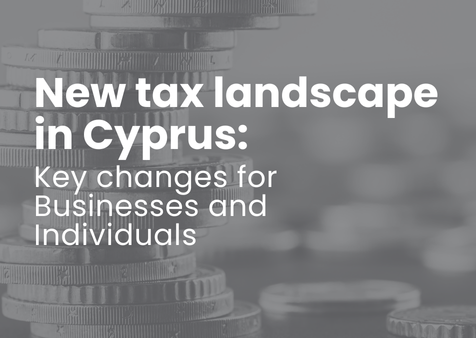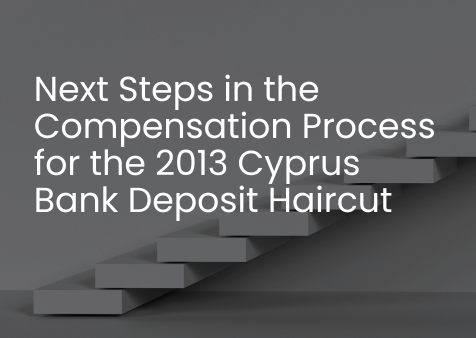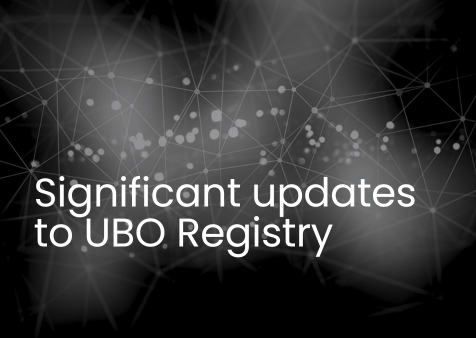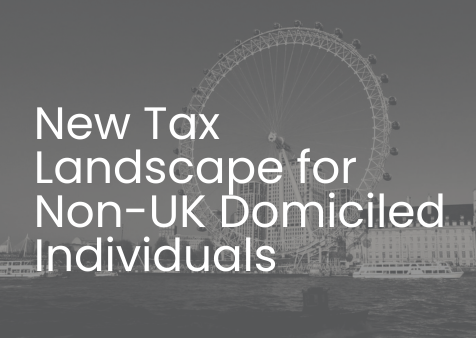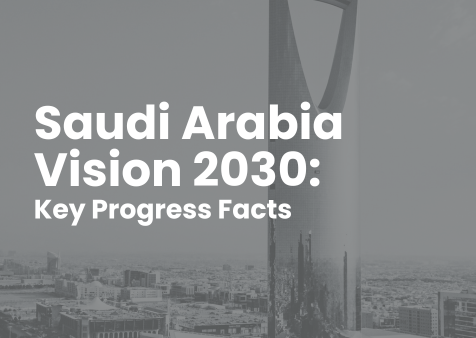The New Tax Landscape in Cyprus:
Key Changes for Businesses and Individuals
On February 27, 2025, the Center for Economic Research of the University of Cyprus presented the proposed new tax landscape for Cypriot legal entities and individuals, following the Government’s initiative.
NEW CORPORATE TAXATION
- Corporate tax increase from 12.5% to 15% .bringing Cyprus into line with European Union requirements.
- Complete abolition of deemed dividend distribution.
- Reduction of withholding tax on actual dividend distribution from 17% to 5%.
Maintaining Existing Tax Benefits
- Taxation of worldwide income with applicable exemptions.
- Deduction of expenses for generating taxable income.
- Strengthened tax residency criteria for companies and enhancement of the intellectual property tax regime (IP Box).
- Maintenance of non-dom status, with an extension through an annual fee.
- Notional interest deduction (NID).
- Shipping regime remains unchanged.
- 50% discount for first employment in the Republic.
Additional Tax Incentives
- Anti-abuse clauses including higher tax rates on concealed dividend distributions.
- Measures for “close-structured companies” allowing for the possibility of lifting the corporate veil and taxing shareholders as natural persons conducting business.
- Enhanced deductions for expenses related to the green transition and digital transformation and accelerated depreciation and training discounts with related losses carried forward without restrictions.
Other proposed changes
- Stamp duty abolition. Fixed amounts, to be imposed only on agreements relating to immovable property and banking and insurance transactions.
- Tax losses are to be carried-forward to 10 years from 5 years, subject to restrictions.
- Employee stock options possibly to be taxed at a lower rate upon exercise (subject to conditions).
- Ex-gratia payments to employees to be tax-exempt up to a certain amount at the level of the employee. The employer will have the right to claim the full amount as tax deductible.
- Insurance premium tax of 1.5% to be abolished.
This tax reform aims to strengthen the local economy and enhance the competitiveness of Cypriot businesses while investing in the country’s innovation, quality, and credibility.
PROPOSED TAX SCALES FOR INDIVIDUALS
- Up to €20,500 → 0%
- €20,501 – €30,000 → 20%
- €30,001 – €40,000 → 25%
- €40,001 – €80,000 → 30%
- Above €80,001 → 35%
It is worth noting that the maximum tax rate of 35% now applies to incomes above €80,000, compared to the current threshold of €60,000.
Tax free income increases with the following tax deductions:
For households with a total gross income of up to €80,000 and two working spouses, the proposed deductions include:
- €1,000 for each spouse for each child up to 19 years of age (female) or 21 years of age (male).
- €1,000 for each spouse for each student up to 23 years of age (female) or 24 years of age (male).
- Deduction of up to €1,500 for installments of a serviced first home loan or rent, for each spouse/partner.
- Discounts for green upgrades to households, up to €1,000 for each spouse/partner, in the year the upgrade is made (e.g. up to five years). Eligible upgrades include energy-efficient home improvements, installation of photovoltaic systems, heat pumps, and even the purchase of an electric car.
- Single-parent families to be taxed under the most favorable category, similar to two-parent working households.
The primary objective of the tax reform is to ease the tax burden on individuals and households while supporting families and the new generation, addressing housing challenges and low birth rates, encouraging women to participate in the labour market, and promoting the green and digital transition.
The Cyprus government aims for the reform to be fully implemented in 2026. Our firm will keep you informed about all upcoming changes and can be your trusted partner in navigating and adapting to the new regulations. Contact us for more information.
